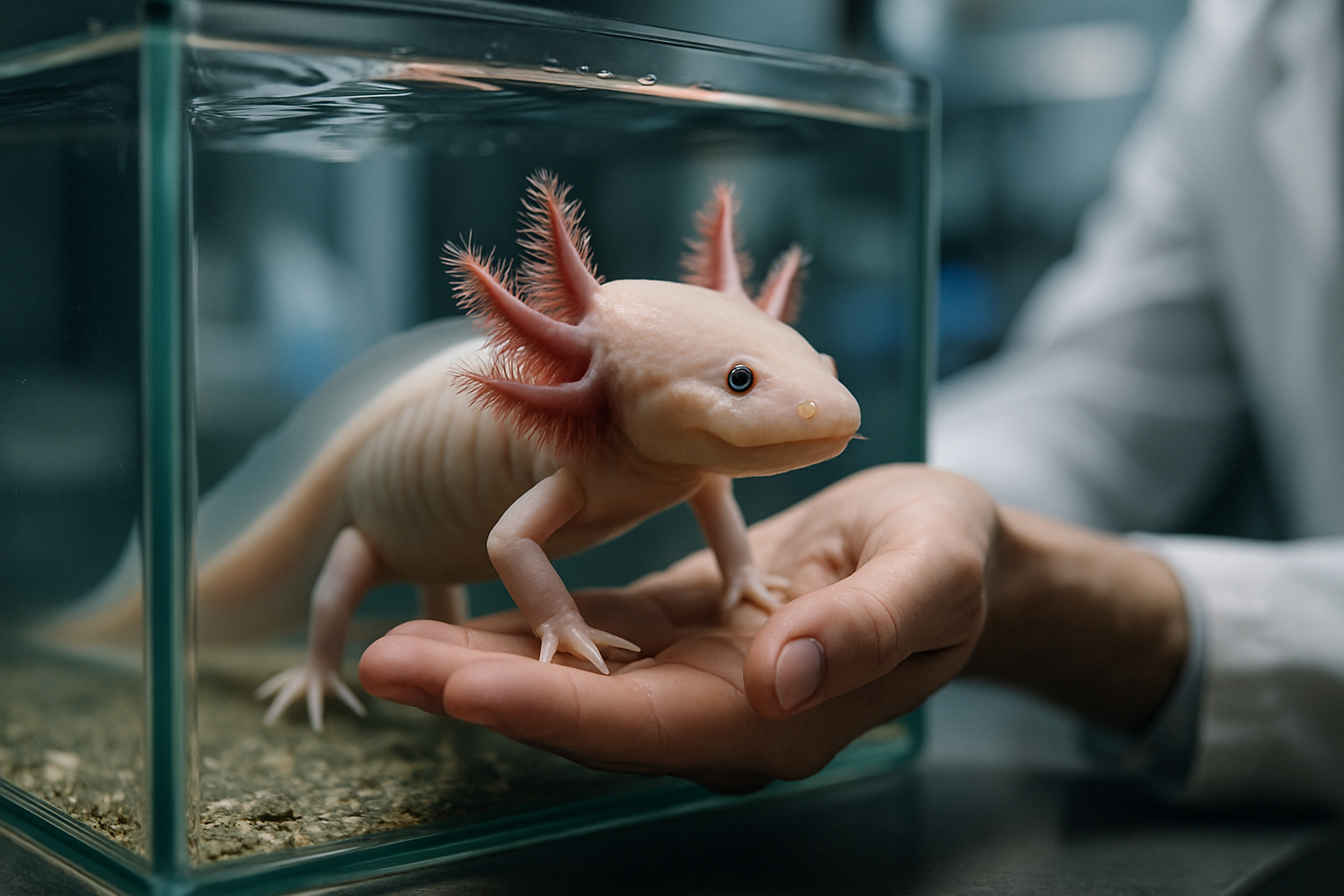Unraveling the Enigma of Octopus Intelligence
The mysterious world beneath the waves harbors countless wonders, but few creatures captivate our imagination quite like the octopus. These eight-armed marvels have long intrigued scientists and ocean enthusiasts alike, not just for their alien-like appearance, but for their remarkable cognitive abilities. Recent research has shed new light on octopus intelligence, revealing a level of problem-solving skills and adaptability that rivals some mammals.

The Evolutionary Journey of Octopus Intelligence
The story of octopus intelligence begins over 500 million years ago when the first cephalopods emerged in Earth’s ancient oceans. Unlike vertebrates, whose intelligence evolved along with a centralized nervous system, octopuses took a different path. Their nervous system is distributed throughout their body, with most of their neurons located in their arms. This unique evolutionary trajectory has resulted in a form of intelligence quite unlike our own.
Octopuses diverged from their molluscan cousins, developing larger brains relative to their body size. This increase in neural capacity, coupled with their distributed nervous system, allowed for the development of complex behaviors and problem-solving abilities. The pressures of predation and the need to adapt to diverse marine environments likely drove the evolution of their cognitive abilities.
Decoding Octopus Problem-Solving Skills
One of the most striking aspects of octopus intelligence is their problem-solving prowess. Researchers have observed octopuses opening childproof pill bottles, unscrewing jar lids, and even escaping from seemingly secure aquarium tanks. These feats require a level of spatial reasoning and dexterity that was once thought to be the sole domain of vertebrates.
In laboratory settings, octopuses have demonstrated the ability to navigate mazes, use tools, and even engage in observational learning. One famous experiment involved an octopus watching another solve a puzzle to obtain food, then replicating the solution without prior training. This capacity for social learning was previously unheard of in invertebrates and has profound implications for our understanding of animal cognition.
The Octopus Brain: A Marvel of Neurobiology
The octopus brain, despite its relatively small size, is a marvel of efficiency and specialization. With about 500 million neurons - comparable to a dog - the octopus brain is capable of processing complex information and controlling the animal’s highly flexible body. What’s more, two-thirds of these neurons are distributed throughout the arms, allowing for a level of autonomy in each limb that is unparalleled in the animal kingdom.
Recent neurobiological studies have revealed that octopuses possess a sophisticated memory system, allowing them to learn from past experiences and apply that knowledge to new situations. This cognitive flexibility is crucial for survival in the ever-changing marine environment and contributes to the octopus’s reputation as one of the ocean’s most adaptable creatures.
Octopus Personality and Emotion: A New Frontier
Perhaps the most surprising aspect of octopus intelligence is the emerging evidence of individual personalities and emotional states. Researchers have observed distinct behavioral patterns in individual octopuses, with some being more adventurous or aggressive than others. These personality traits persist over time and across different situations, suggesting a level of individuality previously unrecognized in invertebrates.
Moreover, there are indications that octopuses may experience emotions akin to those of higher vertebrates. Observations of play-like behavior, curiosity, and even what appears to be frustration or boredom in captivity have led some scientists to propose that octopuses possess a form of consciousness. While this remains a contentious area of research, it opens up new avenues for exploring the nature of animal minds.
Implications for Animal Welfare and Conservation
The revelations about octopus intelligence have significant implications for animal welfare and conservation efforts. As we come to understand the cognitive sophistication of these creatures, questions arise about the ethics of their treatment in captivity and in the fishing industry. Some countries have already begun to include cephalopods in animal welfare legislation, recognizing their capacity for suffering.
In the wild, octopus populations face threats from overfishing, habitat destruction, and climate change. Understanding their intelligence and adaptability is crucial for developing effective conservation strategies. It also challenges us to reconsider our relationship with these remarkable animals and the marine ecosystems they inhabit.
The study of octopus intelligence is still in its infancy, with new discoveries continually reshaping our understanding of these enigmatic creatures. As we delve deeper into the mysteries of the octopus mind, we are not only learning about a fascinating species but also expanding our conception of what intelligence can be. The octopus serves as a reminder that cognition and consciousness may take forms radically different from our own, inviting us to broaden our perspective on the diversity of minds in the animal kingdom.





